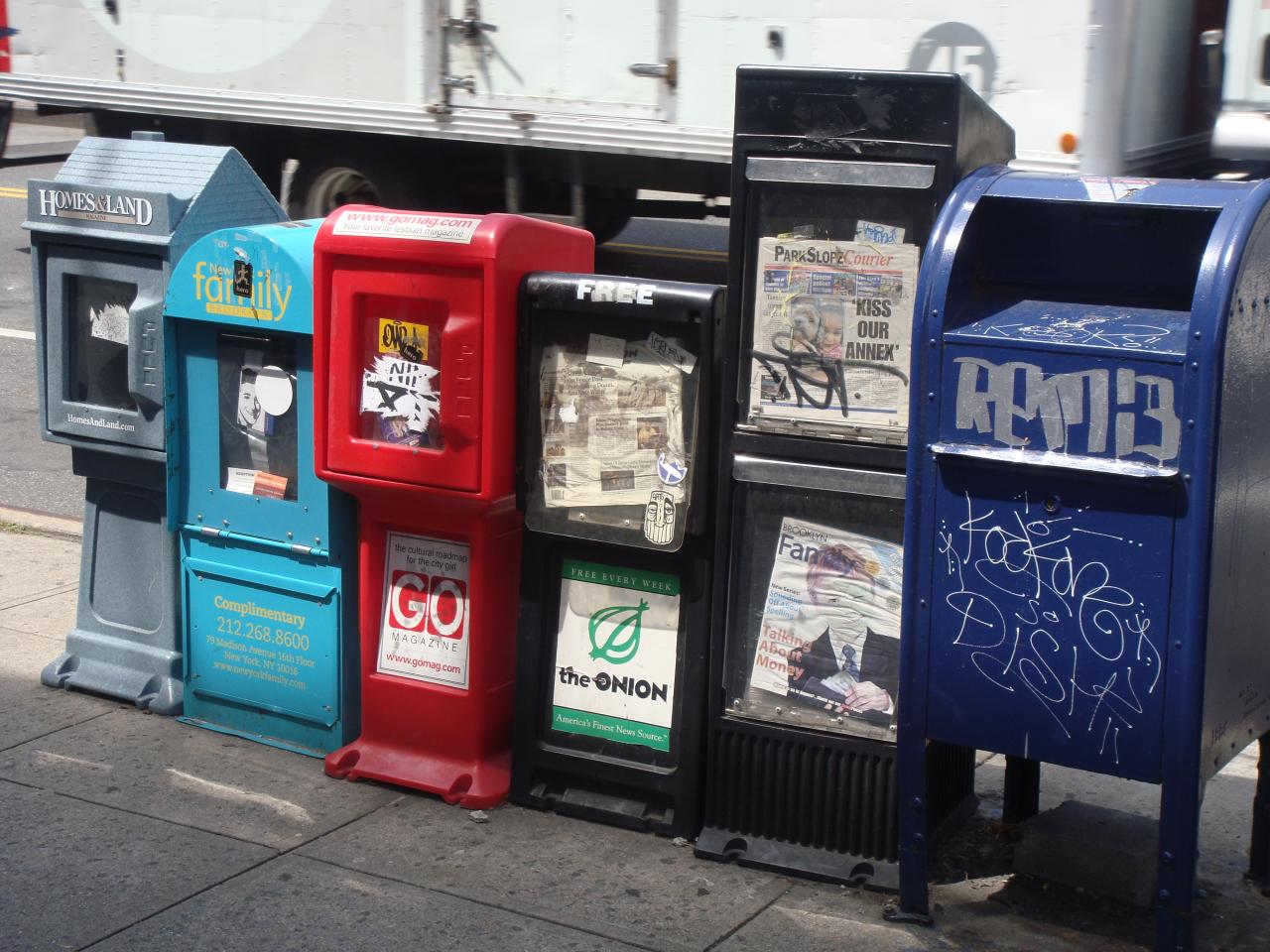Good morning, readers! We’re wandering around all over the internet today as we get up to speed on the events of the weekend. We’re particularly interested in the lives of refugees, political shifts in Europe, and, for something a little lighter to pass around amongst your friends this week, a fascinating interview about…whales.
‘The Lives Left Behind In a War-Torn Turkish Town‘ (The New Republic)
This fascinating piece illustrates the profound power of photojournalism, as the reader drifts through the abandoned lives of once vivacious Turkish homes, witnessing what people left behind in their scramble to flee to safety. It also highlights what’s at stake for immigrants — there is no home to go back to, even for those willing to brave war and civil unrest.
All that vanished over a year ago. In a matter of weeks, the entire town was reduced to rubble during fierce sectarian warfare. When Kurdish separatists barricaded Cizre, fighting to carve out an autonomous state, Turkish Special Forces rolled in and blockaded the town for 79 days, bombarding every building in sight. More than 7,000 people were killed, according to Kurdish officials. Another 350,000 fled the area, abandoning their homes to stray cats and scavengers.
‘The Promise of J.F.K.: The Place Where America Meets the World‘ (Nathan Heller for The New Yorker)
Over the weekend, Americans turned out in droves at major airports to protest President Trump’s bizarre, nonsensical, and unconstitutional immigration restrictions on entrants from a number of Muslim-majority countries. As airports turned people away and held people in detention, citizens, including pro bono attorneys and members of Congress, gathered to demand that people be freed to join their families as they entered, or often reentered on entirely legal immigration documents, the United States.
Yet some political actors spoke. Two New York City representatives in Congress, Nydia Velázquez and Jerrold Nadler, held impromptu press conferences before a bay of news cameras in the middle of the crowd. Altschuler and the other organizers had established a protocol to facilitate communication across the growing demonstration: somebody would shout into a megaphone, and the protesters would repeat everything back, verbatim, transmitting the message to the far ends of the crowd. “Mic check!” Altschuler called, as Nadler stood before the cameras.
‘In their presidential primary, France’s Socialists tack to the left‘ (The Economist)
France is in the grip of fascinating political throes right now — like many European nations, it’s struggling with anti-immigrant sentiments and a rise in attacks on people who aren’t sufficiently ‘French’ for rightwing hardliners. Meanwhile, the French left is desperately attempting to reassert itself. Will it work?
Assuming Mr Hamon becomes the Socialist candidate, the biggest winner will be Emmanuel Macron, a centre-left figure running as an independent. (Many supporters of Mr Macron may have cast tactical votes for Mr Hamon.) He should pick up many centrist ex-Socialist voters who see Mr Hamon as unserious or unappealing. Mr Macron served as economy minister under Mr Hollande, but quit the government last summer after launching his own political party, En Marche! (“On the Move!”). He promises to modernise France. As a former investment banker, and only 39 years old, he is a relative outsider and a fresh face who has never been elected to office. Socially and economically liberal, and popular in the media, he calls for France to embrace the digital economy.
‘This is the America that became my home‘ (Haleh Esfandiari for The Atlantic)
The narrative that America is a ‘nation of immigrants’ (ignoring those who lived in North America for tens of thousands of years prior to colonisation, as well as those who were abducted from their homes and sold as chattel) is a powerful intoxicant in US society. But what is the immigrant experience like? Who are the people Donald Trump is so desperate to keep out?
In the 37 years that I have lived in the United States, I have seen waves of refugees coming to America: Iranians fleeing the revolution in their country, Lebanese fleeing a murderous civil war, Iraqis seeking escape from war and destruction, Somalis, Eritreans, Ethiopians, and others. Even as a child growing up in Iran, I came to see America as a place of refuge for the oppressed. Among my mother’s friends were Europeans with relatives in America, including families of Jews who had fled the Nazis from Germany, Poland, and Hungary. As a university student in Austria in the 1950s, I came across the flood of refugees following the Hungarian uprising against Communist rule. Most of them made their way to the United States.
‘Every Reason to Stay‘ (Christine Byl for The Sun)
A lovely interview with Eva Saulitis, a marine biologist whose career took a very different direction when she started interacting with whales and learning more about the complexities of their often hidden lives.
I didn’t like the job, but I fell in love with the place the minute I flew into Prince William Sound. In the floatplane I had this overwhelming feeling of Oh, my God. I didn’t want to leave. I was afraid I wouldn’t be able to come back. Then the orcas came into the bay in the spring, and something about their ephemeral presence captured me, the way they came and went at unpredictable times. I wrote to Craig, who was already tracking the orcas, and offered to volunteer on his project.
If you enjoy our work, please consider supporting us with a one time or recurring donation. We believe in paying writers, and we rely on our readers to help us continue serving up interesting, dynamic, and engaging commentary every weekday. To make sure you don’t miss any of that commentary, you can subscribe to our newsletter below — and if you’re interested in writing for us, check out our contributor guidelines.
Photo: gabriele82/Creative Commons

